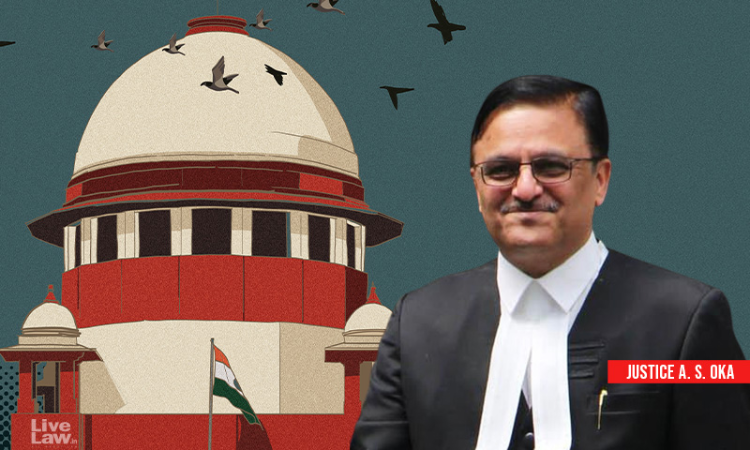Importance Of Ethics In Legal Profession : Lecture By Justice AS Oka
LIVELAW NEWS NETWORK
5 Dec 2021 11:57 AM IST

Next Story
5 Dec 2021 11:57 AM IST
Supreme Court judge Justice Abhay S Oka delivered a lecture on the topic "Importance of Ethics In Legal Profession" as part of the Second Annual Lecture organized by the Advocates Association of Western India at Bombay High Court on December 4.The excerpts from his lecture given below :Rules Of Professional EthicsAs far as rules of professional ethics are concerned, the emphasis is on:...
